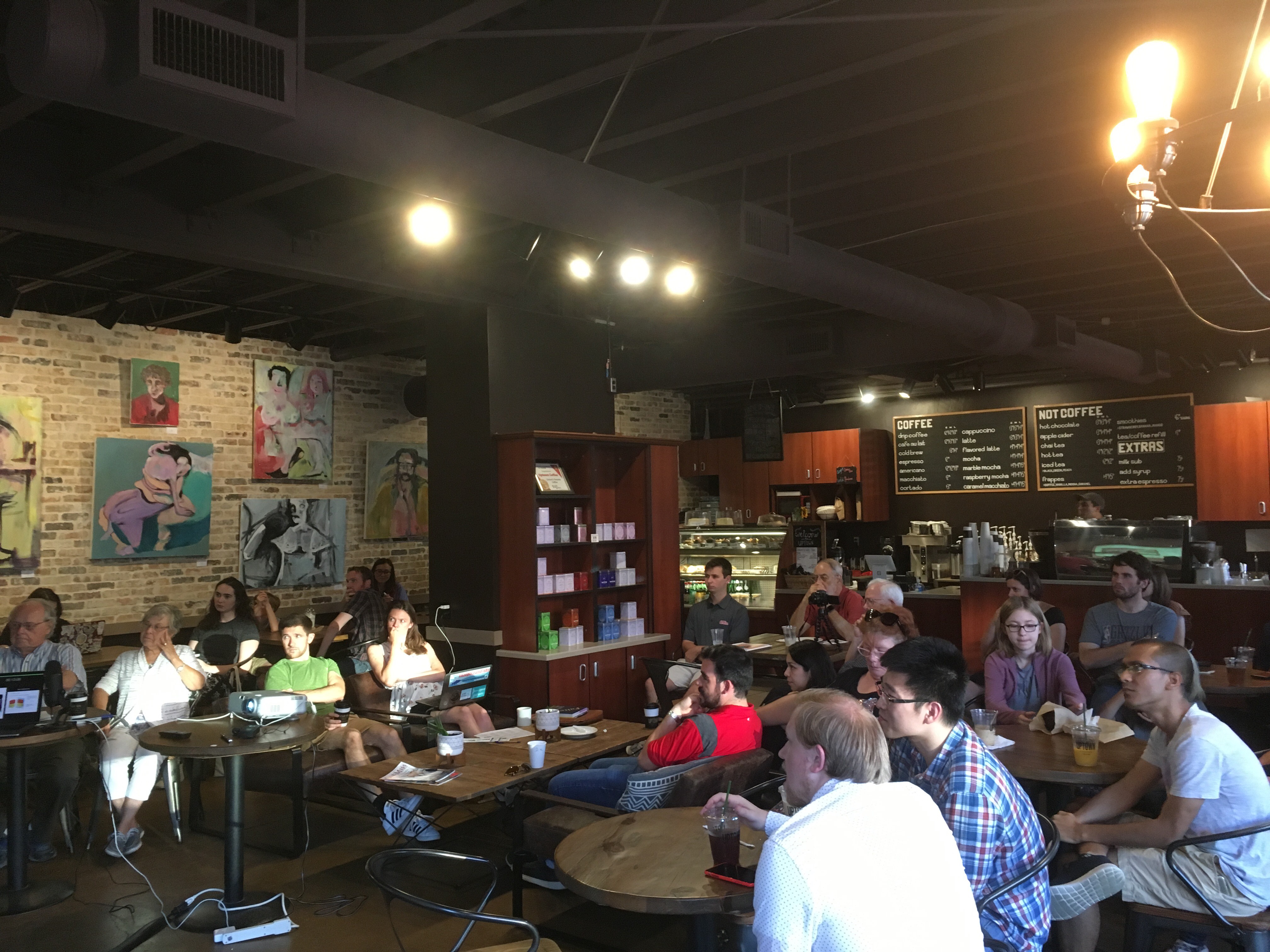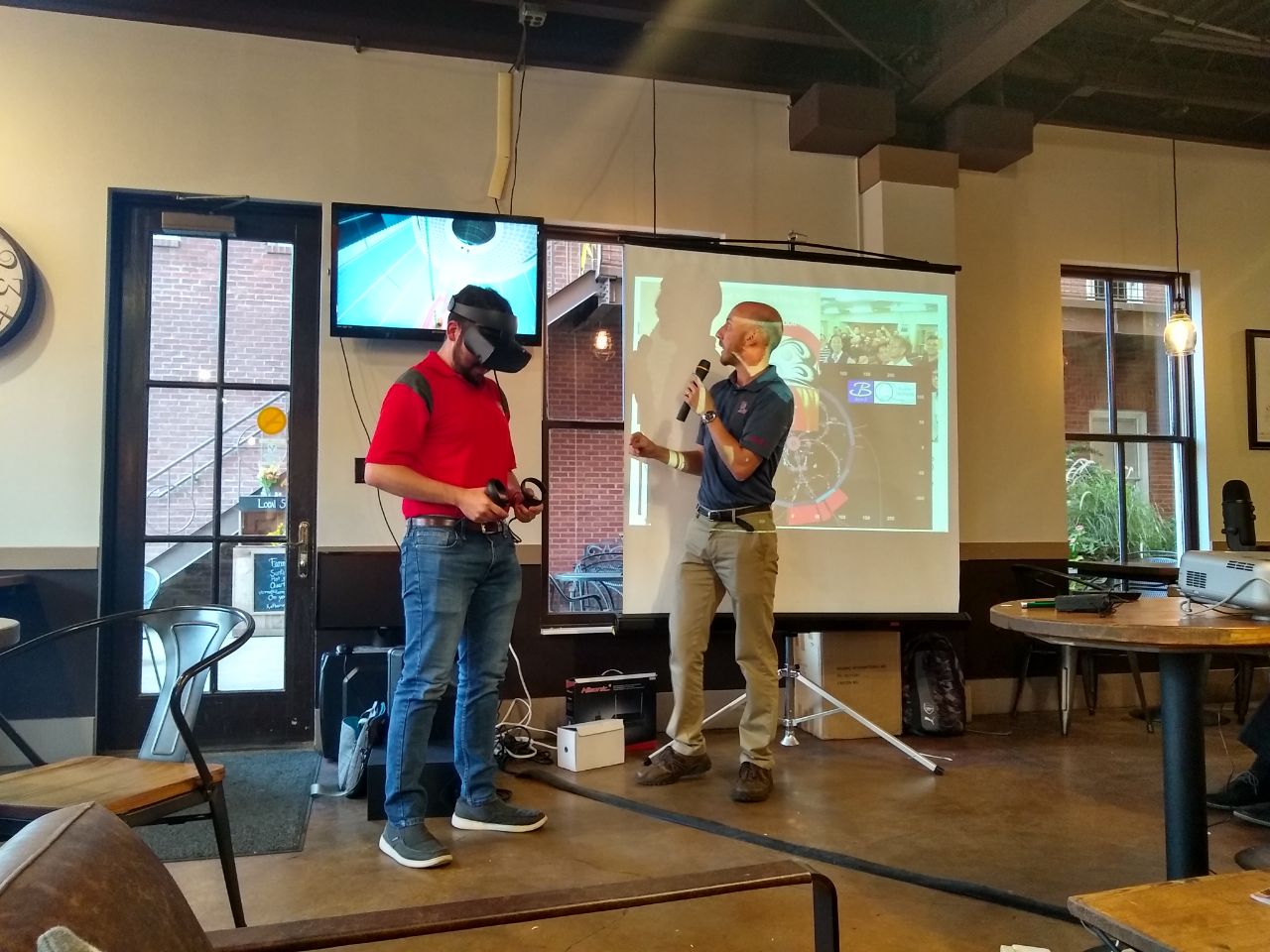November 2020
Dr. Joshua Sharp
Director of the Glycoscience Center of Research Excellence (GlyCORE),Associate Professor of Pharmacology, Associate Professor of Chemistry and Biochemistry, University of Mississippi:
COVID-19 and heparan sulfate: the carbohydrate handle that SARS-CoV-2 uses to grab your cells
COVID-19, the disease caused by the SARS-CoV-2 virus, has killed over 200,000 Americans in 2020 and changed the way we live our lives. An incredible effort from the scientific community has allowed us to learn a lot about the virus in a very short time. While there are many questions remaining about the disease, we have enough evidence to start answering some important questions. Where do COVID-19 infections usually start in the body? How does SARS-CoV-2 find and enter the target cells? Here, we will discuss what we know (and think we know) about how COVID-19 infections get established. We will also discuss the discovery and initial development of intranasal heparin, a well-known anti-coagulant injectable that is now in early clinical trials as an intranasal drug to prevent COVID-19. We will discuss how heparin works to prevent SARS-CoV-2 infection of cells, why it should be safe to administer intranasally, and why it might NOT be useful as a treatment of advanced COVID-19.
November 17, 2020, 6:00pm - 7:00pm
Via Zoom
If you missed the talk, you can watch it here
October 2020
Dr. Jennifer Meyer
Instructional Assistant Professor, Dept. of Physics and Astronomy, University of Mississippi:
The Phosphine Discovery, in Context of Venus's More Temperate Past
At this month's Science Cafe, we'll talk about the recent discovery of the chemical phosphine in an upper layer of Venus's atmosphere and why this is more exciting than it sounds! On Earth, phosphine is only created by biological and human-driven processes. Is the detection of phosphine in Venus's atmosphere a sure sign of life living in the clouds? We'll start with the history of Venus and its runaway greenhouse effect. Today, Venus seems very inhospitable to life, with surface temperatures above 800°F and sulfuric acid clouds. But it wasn't always like that, which is why we are even discussing the possibility of life on Venus. There will also be a live stream from our own Kennon Observatory showing us craters on the Moon, if the weather cooperates.
October 20, 2020, 6:00pm - 7:00pm
Via Zoom
There was also a live stream from our own Kennon Observatory that showed us craters on the Moon.
September 2020
Dr. Carolyn Freiwald, Associate Professor, and Dr. Lexi O'Donnell, Visiting Assistant Professor, from the Department of Sociology and Anthropology at the University of Mississippi:
Archaeological science — Our teeth tell (migration) tales
Archaeologists reconstruct the past in multiple ways, using novel scientific techniques, historic records, oral traditions, and artifacts. Drs. O'Donnell and Freiwald talked about their research on ancient migration in northern New Mexico and today's Mexico City 800 years ago using the biological and chemical differences in human teeth. Who were migrants in Tlalnepantla, Mexico? What happened to the Gallina people in northern New Mexico when their homes were abandoned? Dental morphology and isotopic analysis are key forensic techniques that answer questions posed by historical records and oral traditions.
September 15, 2020, 6:00pm - 7:00pm
February 2020
Dr. Peter Zee, Department of Biology,
University of Mississippi:
Evolution in Real Time
Evolutionary change in populations requires time. For organisms to change, the forces of evolution must occur over generations and generations. While there has been recent attention to how evolution can occur very rapidly, it is still difficult for biologists to observe these changes as they occur. The speaker will discuss how we can use microbial species in the laboratory to study evolutionary processes in real time, measuring changes over years, weeks, and even days. Find out how biologists are exploring the forces of evolution with this powerful experimental evolution approach with classic examples and contemporary research.
February 18, 2020, 6:00pm - 7:00pm
Photos



